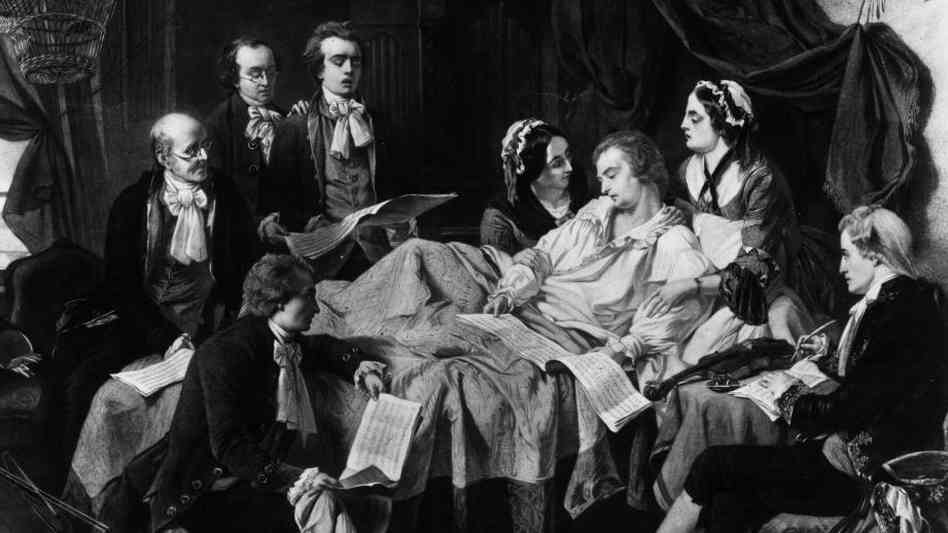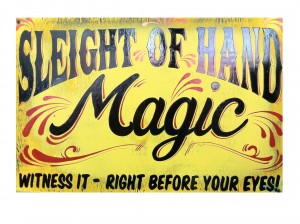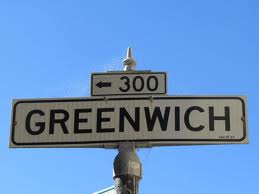
As 2013 draws to a close, we’ve got lots to celebrate about it — like the use of the word selfie, and other words of the year. The Russians haven’t just banned discussions about homosexuality: they also won’t let anyone mention obscene terms for genitals or women of easy virtue. The Church gave a nod to Mexican languages; the Finns don’t like the way iPhone is spelled. And we learned some important new facts: like the words for horse-eating, 3-letter extensions to words in Scrabble, and French kissing in France …
* * *
What do selfies, Suarez and Seamus Heaney have in common? The same as Bieber, bitcoins and Breaking Bad . . . They all appeared in “top words of 2013” lists. “PRIVACY. Selfie. Geek. Science. Four dictionary publishers each selected one of those words as its word of the year for 2013. But it’s tough to catalog the preoccupations of the year in a single word. There were many flying around that seemed to capture a moment, an emotion, a thought, a new way of doing or describing things, or the larger zeitgeist. Some were new, some not so new, but they all seemed to say something about the times. Here are a few …”, the New York Times reported …
Time magazine looked more closely into Oxford’s actual word of the year, which is captured — literally — in James Franco’s pic above …
* * *
The Russian media has been given four categories of swear words that must never appear either in articles or in readers’ comments, in print or online. Newspapers and websites that fail to comply could lose their licenses. The list of unprintable words was compiled by Roskomnadzor (Federal Supervision Agency for Information Technologies and Communications) and among the categories of banned words are “obscene terms for a woman of easy virtue”. RT has the story.
* * *
Mexico’s indigenous languages get a nod from the Church. The BBC has the story …
* * *
According to Cult of Mac, Finland’s linguistic authorities — the Institute for the Languages of Finland, which rules on correct spellings, loan words and usages as the Finnish, Swedish, Romani and Sami languages develop — has decreed that the correct Finnish usage of iPhone is not iPhone, but rather Iphone or I-phone. You tell ’em, Finland.
* * *
Finally, thanks to the BBC’s list of “100 things we didn’t know last year”, we now know 22 fun facts about words and language that we didn’t know in 2012:
Horse-eating is called Hippophagy.
“Russian flu” got its name because of the Cold War rather than because it originated in Russia.
William is the surname that has decreased the most since 1901.
Haribos are so-named because of founder Hans Riegel and his hometown Bonn.
South Africa was included in the BRICS as it made for a better acronym than Nigeria.
“Lucifer” and “.” (full stop) are banned baby names in New Zealand.
Birmingham City Council blocks the word “commie” from incoming email.
Using “don’t” and “won’t” correctly in online dating messages boosts response rates by more than a third.
The French call a walkie-talkie a talkie-walkie.
Until recently the US Navy had a requirement that all official messages be sent in capital letters.
“God’s bones” was the sweariest expression in medieval times.
The French had no official word for French kissing… until now. It’s “galocher”.
Ampersand was once an actual letter which followed the letter Z in the Latin alphabet.
The first recorded incorrect use of the word “literally” was in 1769.
Polyamorous people have invented a word to indicate the opposite feeling of jealousy – compersion.
Glaswegians are starting to sound like Cockneys because of EastEnders.
In Scrabble, a Benjamin is a three-letter extension to the front of a five-letter word.
The word “get” went out of fashion in books between 1940 and the 1960s.
Amazon’s original name was to be Relentless – and the URL relentless.com still redirects to the company website.
John Wayne coined the phrase “the Big C” to avoid naming cancer.
Americans pronounce gifs as “jifs”.
A long-term lover is known as a “small house” in Zimbabwe.











